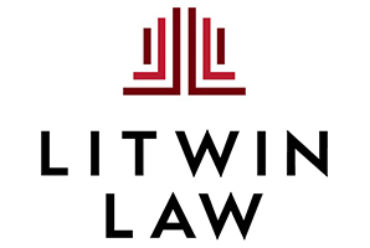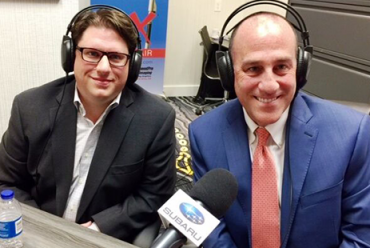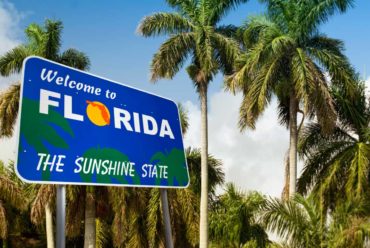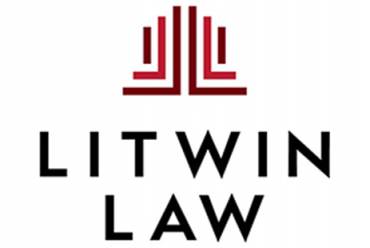Georgia Department of Revenue Announces its Position on Sales Taxation of Entry Fees
Organizations, including nonprofit organizations, businesses that host annual competitions or tournaments, or businesses that charge an entry fee for participation in tournaments or leagues should take note of Georgia Department of Revenue Policy Bulletin SUT-2017-08, Application of Georgia Sales and Use Tax to Charges for Participation in Certain Games and Amusement Activities. In the Bulletin, issued on October 30, 2017, the Georgia Department of Revenue (the “Department”) provides guidance on the taxation of entry fees and other charges for participation in games and amusement activities.
In the Bulletin, the Department offers three points of guidance. First, the Department states that Georgia imposes sales and use tax on charges made for participation in games and amusement activities. Second, the Department states that Georgia imposes sales and use tax on sales of tickets, fees or charges made for admission to places of amusement, sports, entertainment, or any other place at which an exhibition, display, amusement, or entertainment is offered to the public, or any place where an admission fee is charged. Third, the Department states that no tax is due on charges made for participation in games and amusement activities or entry fees where the event also charges admissions to spectators to watch the event. This last point requires further examination.
The Department’s Bulletin signals that the Department expects organizations and businesses to collect sales tax on entry fees, except in circumstances where the organization also charges spectators an admissions fee to watch the event. The Department does not identify those businesses or organizations that are affected, but the following businesses could be included on the list:
- Any business or club that charges a membership fee;
- Ranches;
- Gun or shooting ranges and facilities;
- Athletic clubs, health clubs, fitness centers and yoga facilities;
- Golf courses, country clubs, and driving ranges;
- Batting cages;
- Boat charter businesses;
- Neighborhood swimming pools and homeowners associations that charge fees;
- Any business that charges a fee for use of athletic facilities, including gyms, tennis courts and swimming pools.
Businesses, even nonprofit businesses, that charge an entry fee for a tournament or competition may be required to collect Georgia sales tax on charges and fees. Such organizations may include:
- An organization that holds an annual tournament or competition and charges an entry fee to participants or competitors, including dance competitions, cheer competitions, football tournaments, basketball tournaments, baseball tournaments, soccer tournaments, fishing tournaments, bowling tournaments, softball tournaments and golf tournaments, even if held to raise money for a charitable cause;
- Any organization that charges an entry fee to enter a road race, half-marathon or marathon;
- Any sports league that charges a fee to play in the league, including baseball leagues, basketball leagues, softball leagues, tennis leagues, squash leagues, hockey leagues, pickleball leagues, badminton leagues, soccer leagues and Frisbee leagues, to name a few;
- Any business that charges a fee to enter an athletic contest or event, such as a tournament;
- Country clubs that charge membership fees;
- Gun clubs that charge membership fees.
The Department has not proposed any amendments to its regulation on Admissions and has not proposed any new regulation addressing the taxation of entry fees. Nevertheless, the purpose of the Bulletin is to convey the Department’s position.
The Bulletin does not state or imply that the Department will limit enforcement of collection of the tax to a going-forward basis. Thus, if a business or organization has not filed a sales and use tax return to remit taxes that should have been collected on entry fees, league fees or membership charges, then the Department could claim that the statute of limitations does not apply and that the Department can assess taxes going back several years.
Entities listed above should take steps to ensure that they are protected. They can opt for minimizing liability by coming forward through a voluntary disclosure to the Department to limit exposure and penalties (criminal and civil). Alternatively, they can challenge the Department’s position, if the Department audits the business and asserts liability against the business for failing to collect past taxes on entry fees. Whether Georgia tax law imposes sales tax on membership fees, entry fees and league fees is not clear. Thus, the business or organization should consult a state tax attorney for counsel on the best course of action.









No Comments